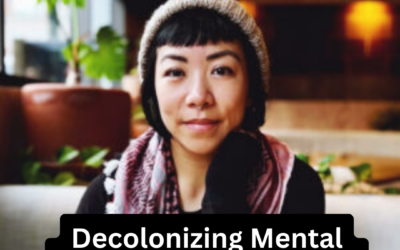Podcast: Play in new window | Download (Duration: 21:49 — 30.0MB)
Subscribe: Apple Podcasts | Spotify | Amazon Music
Click for PDF of Karpman’s Triangle Explained
Karpman's Drama Triangle
Stephen Karpman, MD a psychiatrist working with Transactional Analysis under Erik Berne conceived the idea of this simple representation, now referred to as a drama triangle, or Karpman’s Triangle, to explain how we can sometimes get locked in rigid self-satisfying or self-punishing roles: Victim Perpetrator Rescuer that can impact our ability to live free and peaceful lives. In this podcast we explore not only how the roles impact our relationships with others but also the positive characteristics that we can move towards in each of these roles.
Interplay Between Victim/Perpetrator/Rescuer Roles: A State of Drama
These natural roles don’t define us, but are more ego states we drop into under stress, often in response to someone else’s behavior. Someone in Victim-role can elicit the other person in a dyad to go into Recue-role and if you stay in a rigid Rescuer role long enough one can evoke your own or another’s Perpetrator and so on. The problem isn’t that we trend towards these corners of the triangles, it’s only when we get stuck in an extreme.
The podcast describes how to get out of the role lock and move back into an integrated balanced state whereby you are in touch with the health of all three of these positions.
Healthy Characteristics of Victim/Perpetrator/Rescuer Roles
For example the health in the Perpetrator/Persecutor role, if it’s not extreme, is the capacity to stand up for oneself, have a voice, set boundaries, be assertive and hold people accountable. The health in the Rescue role is more obvious, because the compassion and warmth is visible. What it’s covering though is more interesting for this role, which can have a great deal of hidden aggression and lack of agency, and can be at the expense of the self. Health in the victim role is having the self-awareness to see one’s own vulnerability, and when combined with the other two sides of the triangle – assertiveness and compassion, you have a solid strong integrated state.
So the goal is to stay out of rigid self-satisfying or self-defeating role locks and incorporate the disowned parts of you that may lie in the opposite corners of the triangle.
RESOURCES:
Additional resources for this episode:
- Karpman, S. (1968). Fairy tales and script drama analysis. Transactional Analysis Bulletin, 7(26), 39-43














